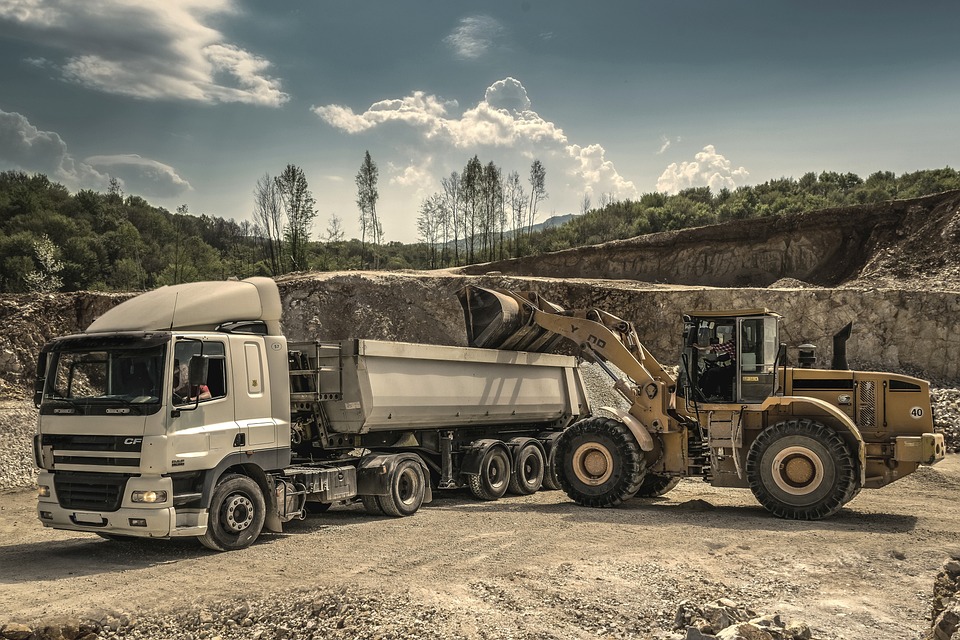Introduction
A healthy garden starts with healthy soil. Without proper care and attention, soil can become depleted, compacted, or lacking in essential nutrients.
This can lead to poor plant growth, weak root systems, and increased susceptibility to pests and diseases. To revitalize your garden and achieve optimal plant health, it is essential to prioritize soil care. In this article, we will explore expert techniques to rejuvenate and maintain your garden soil.
Soil Testing
Before making any changes to your garden soil, it is important to understand its composition and nutrient levels. Soil testing provides valuable insights into pH levels, nutrient deficiencies, and soil structure. You can send a soil sample to a reputable laboratory or use a DIY soil test kit. Once you receive the results, you can tailor your soil care approach accordingly.
Composting
Composting is the process of decomposing organic matter to create nutrient-rich soil amendments. It not only improves soil structure but also enriches it with essential nutrients. Begin by collecting kitchen scraps, yard waste, and fallen leaves. Avoid adding meat, dairy products, or oils to the compost pile as they can attract pests. Turn the compost pile regularly to ensure proper aeration and decomposition. After several months, you will have nutrient-dense compost ready to amend your garden soil.
Mulching
Mulching is a vital technique to retain moisture in the soil, suppress weeds, and regulate soil temperature. Organic mulches, such as wood chips, straw, or shredded leaves, contribute to soil health as they break down over time. Apply a layer of mulch around plants, leaving a gap around the stem to prevent moisture-related issues, such as rot. Mulching not only conserves water but also adds organic matter to the soil as it decomposes.
Crop Rotation
Crop rotation is a practice of growing different plant families in different areas of your garden each year. This technique helps to break pest and disease cycles, prevent nutrient imbalances, and improve soil fertility. By rotating crops, you reduce the risk of pests and diseases that may affect particular plant families and enhance nutrient availability in the soil. Plan your garden layout strategically, following a rotation schedule that suits your climate and specific plant requirements.
Adding Organic Matter
Organic matter, such as compost and well-rotted manure, plays a crucial role in soil fertility and structure. It improves soil’s ability to retain moisture and nutrients, promotes beneficial microbial activity, and enhances root development. Incorporate organic matter into your garden soil annually by spreading it evenly and working it into the top few inches. This practice not only replenishes nutrients but also stimulates the activity of earthworms and other soil organisms, further improving soil health.
Avoid Overworking the Soil
While it’s important to maintain good soil structure and aeration, overworking the soil can have detrimental effects. Excessive tilling or digging can disrupt soil organisms and break down soil structure, leading to compaction. Instead, use techniques such as no-till gardening or minimal cultivation to preserve soil structure and encourage the natural processes that occur within it. Limit foot traffic on garden beds to avoid soil compaction, which restricts root growth and nutrient absorption.
FAQs
How often should I test my soil?
It is recommended to test your soil every 3-5 years or whenever you face specific plant health issues. Regular testing will help you monitor changes in nutrient levels, pH, and overall soil health.
Can I use chemical fertilizers instead of organic amendments?
Chemical fertilizers can provide a quick nutrient boost, but they do not contribute to long-term soil health. Over-reliance on synthetic fertilizers can lead to nutrient imbalances, soil degradation, and reduced microbial activity. It is better to focus on building soil fertility through the use of organic amendments like compost and well-rotted manure.
Can I use any type of mulch?
While various types of mulch are available, it is recommended to use organic materials for their numerous benefits. Organic mulches break down over time, adding organic matter to the soil and improving its structure. Inorganic mulches, such as plastic or rocks, do not offer these advantages.
How can I start composting?
To start composting, collect kitchen vegetable scraps, coffee grounds, eggshells, and yard waste. Layer these materials in a compost bin or pile, ensuring a balance between carbon-rich (browns) and nitrogen-rich (greens) materials. Turn the pile regularly for proper decomposition and maintain appropriate moisture levels. Your compost should be ready in 3-6 months.
Can I skip crop rotation if I use chemical pesticides?
While chemical pesticides may control pests, relying solely on them can lead to resistant pest populations over time. Crop rotation is still necessary to break pest and disease cycles, promote soil health, and prevent nutrient depletion.




